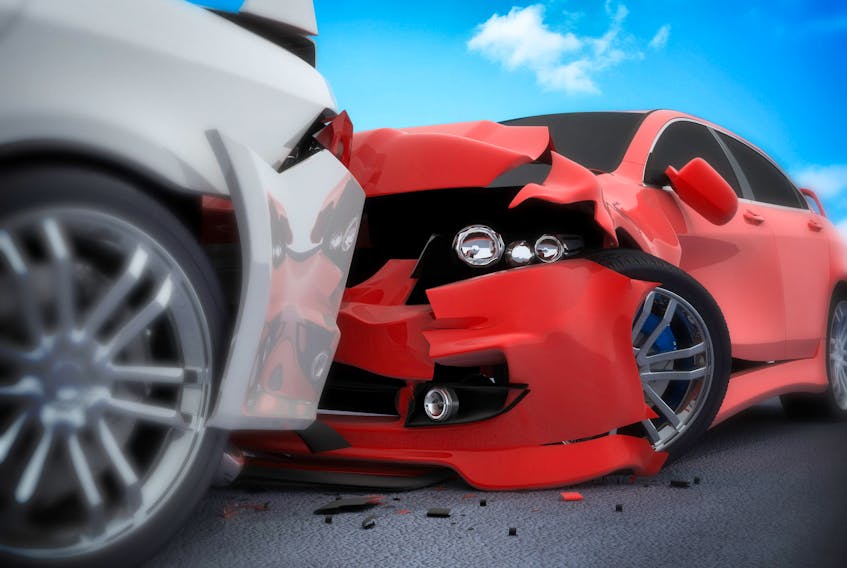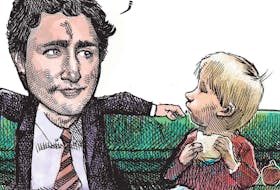In Newfoundland and Labrador (N.L.), the smallest of auto collisions can deliver a big hit. Imagine that a driver sprains his wrist as a result of a fender-bender accident. In addition to paying to repair the car, the other driver’s insurance company may have to pay him tens of thousands of dollars for pain and suffering — even though a couple of months later his wrist has healed enough for him to score the winning slapshot in a road hockey game.
Claims like this have pushed NL’s average auto insurance premium past $1,100. That’s about 300 hard-earned dollars more than what drivers in the neighbouring Maritime provinces pay.
N.L.’s auto insurance system is broken. But it can be fixed if the insurance industry, government, policymakers and stakeholders work together.
One way the insurance industry, through Insurance Bureau of Canada, is working toward a solution is by advocating for a number of product improvements that will benefit consumers. These include doubling the amount of treatment benefits available after a collision and bringing in pre-approved treatment protocols for minor injuries, similar to what exists in Nova Scotia and Alberta. These protocols would allow collision victims to start care sooner and have their treatment tailored to their needs as their care progresses.
The government is doing its part. The Board of Commissioners of Public Utilities (PUB) has performed a robust review of the province’s auto insurance system and made some suggestions. For many, the major stumbling block to PUB’s proposal is the notion of introducing a minor injury pain and suffering damages cap of $5,000.
This is understandable. Erroneous facts and figures have been printed in newspapers and have likely popped up on your computer screen. Let’s get our facts straight.
The cap applies only to those who suffer minor injuries. These injuries — which include strains, sprains and whiplash — typically resolve within days, weeks or months. The cap will not apply to more serious injuries.
You still have the right to sue. The cap does not take away the right of an injured person to sue the at-fault driver.
The $5,000 cap is for pain and suffering damages. This is what courts award over and above any wages that an injured person may lose through being unable to work, and over and above the cost of any required treatment.
Without this cap, N.L.’s claims costs can be expected to continue to spiral upward. In 2011, the average tort claim cost in N.L. was around $55,000. By 2017, this had risen to a whopping $79,000. Without a cap, what will N.L.’s claims costs be in 2020? And by how much will those costs increase the cost of your car insurance?
With such high claims costs, many insurers have left N.L. because they were unable to make a profit. Compared to other provinces that have a privately delivered auto insurance system, NL has a paltry number of insurance companies.
If auto insurance continues on its current trajectory, in the not-too-distant future there may be no insurance companies available to offer it. Or, it may become prohibitively expensive.
Drivers in N.L. already pay too much for car insurance. A minor injury cap and the improvements in the treatment benefits available following a collision are important components for creating sustainable, affordable auto insurance in N.L.
Amanda Dean
Vice-President, Atlantic Region
Insurance Bureau of Canada
Related story:
N.L. PCs would reject auto insurance compensation cap: Crosbie









